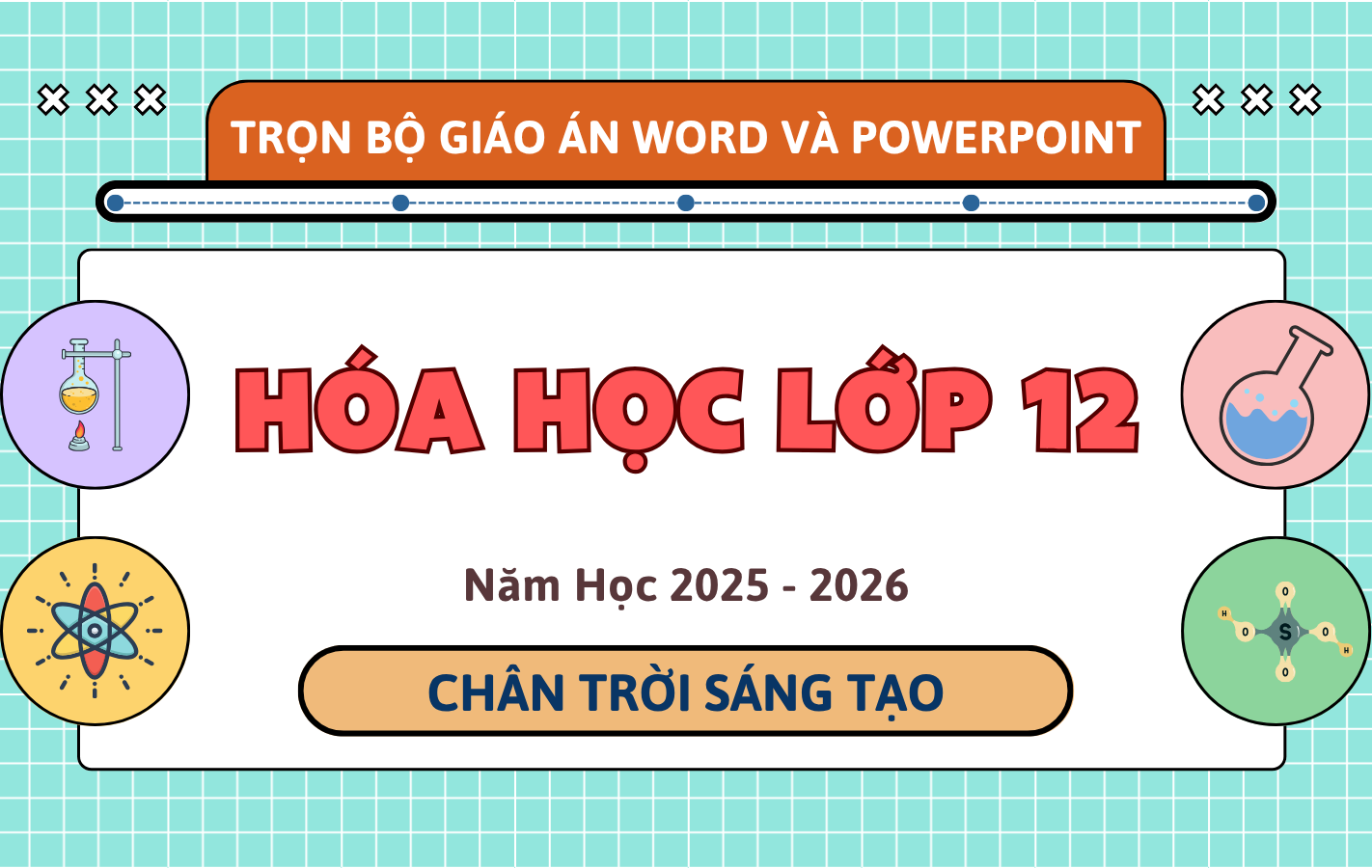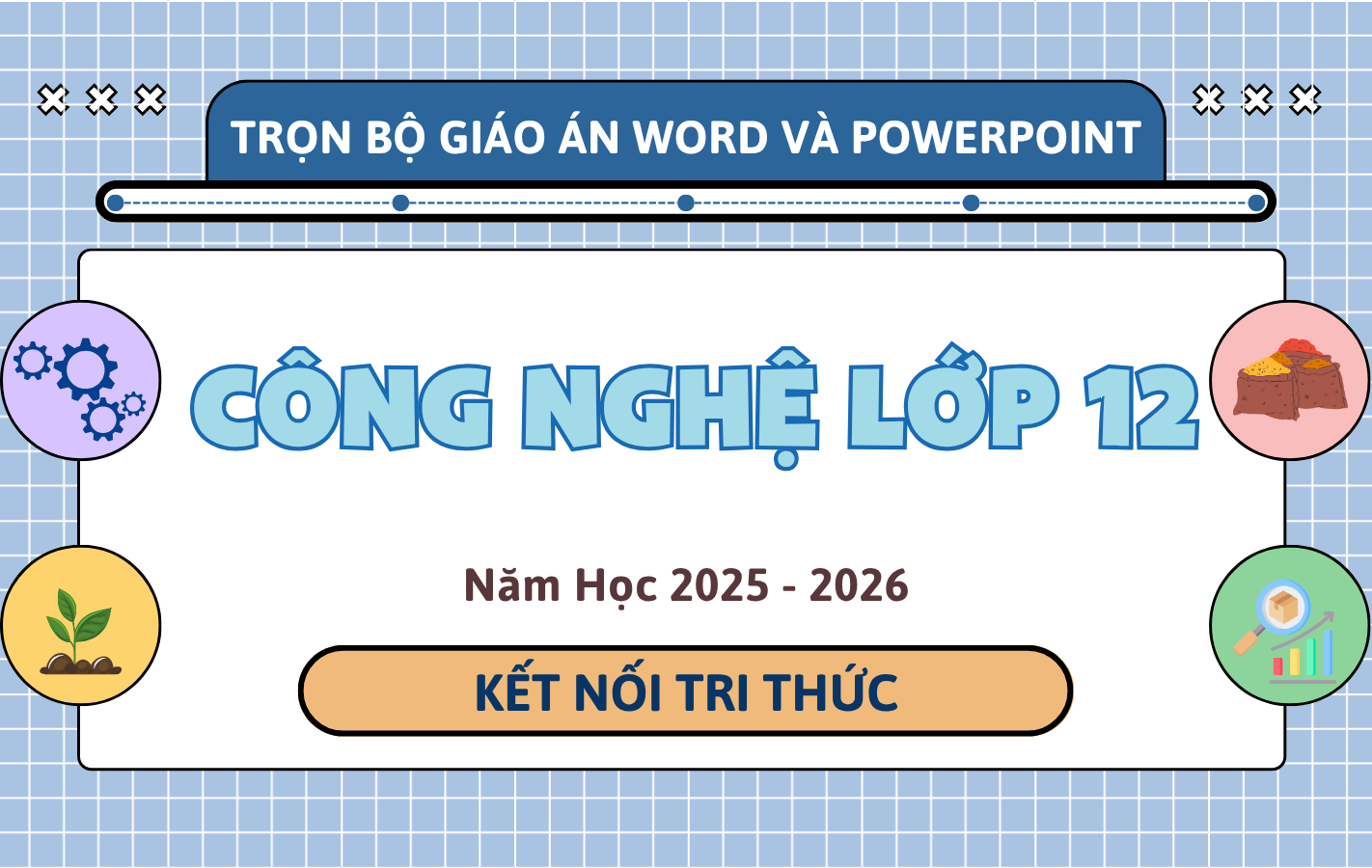Câu hỏi:
Read the passage carefully. Choose an option (A, B, C or D) that best answers each question from 16 to 22.
1. Like many emergency responders, Nicholas Groom is used to stress at work. On the one hand, the stress can be helpful. “I find that when attending a serious incident, it helps me to maintain focus on the situation,” Nicholas Groom said. On the other hand, the work can be highly pressurized. “Too much stress can impair your ability to make decisions,” he adds. And Groom is not alone in his complicated relationship with stress.
2. Many people believe that there should be a balanced amount of stress. In other words, not too much stress so you’re not overwhelmed but not too little stress so you don’t feel unmotivated. After all, some anxiety is motivating; think of the adrenaline before a deadline or the excitement before a competition. Sports fans sometimes even talk about a “gene” in some athletes who seem to play best in the decisive final moments of a match. Furthermore, many psychologists claim that performance in many situations increases with stress up to a point. Of course, any stress can cause harm when it’s prolonged. To take just one example, a long-term high heart rate is linked to cardiovascular diseases. And additional stressors, such as financial pressures or psychiatric issues, clearly affect how beneficially someone can respond to stress.
3. So is there a way to harness stress to your advantage while being mindful of its detrimental long-term effects? One key factor is to avoid, whenever possible, the point when stress leads to mental and physical collapse. Crystal Wernicke, 30, has always used stress as a motivator. But juggling between parenting, a full-time job, a voluntary role and financial troubles at the same time became too much and eventually led to a two-month period of illness. Another factor is the presence of control. For those who feel powerless over their situation, stress is unlikely to be beneficial. But with some autonomy over stressful tasks, we are better able to convert that pressure into higher performance.
4. When it comes to stress and how it affects your performance, it’s helpful to recognize the variations in personality, type of stress and task that affect the level of pressure you are under, as well as understanding tools you can use to control and harness that stress. Ultimately, it’s not helpful to take a one-sided view, either demonizing or glorifying stress. As James C Quick, a management professor at the University of Texas, sums up: “Stress can be the kiss of death as well as the spice of life.”
What is one way to harness stress to your advantage, according to the third paragraph?
Đáp án đúng: B
Lời giải
Theo đoạn văn thứ ba, một cách để tận dụng căng thẳng theo hướng có lợi cho bạn là gì?
A. Bằng cách hoàn toàn phớt lờ căng thẳng và tác động của nó đến sức khỏe của bạn.
B. Bằng cách tránh điểm mà căng thẳng dẫn đến suy sụp về tinh thần và thể chất.
C. Bằng cách đảm nhận càng nhiều trách nhiệm càng tốt để tăng động lực.
D. Bằng cách loại bỏ mọi quyền kiểm soát đối với các nhiệm vụ của bạn để cảm thấy ít áp lực hơn.
Thông tin: So is there a way to harness stress to your advantage while being mindful of its detrimental long-term effects? One key factor is to avoid, whenever possible, the point when stress leads to mental and physical collapse.
Tạm dịch: Vậy có cách nào để tận dụng căng thẳng theo hướng có lợi cho bạn trong khi vẫn lưu tâm đến những tác động có hại lâu dài của nó không? Một yếu tố quan trọng là tránh, bất cứ khi nào có thể, thời điểm mà căng thẳng dẫn đến suy sụp về tinh thần và thể chất.
Câu hỏi này thuộc đề thi trắc nghiệm dưới đây, bấm vào Bắt đầu thi để làm toàn bài
Câu hỏi liên quan

Trọn Bộ Giáo Án Word & PowerPoint Tiếng Anh 12 – I-Learn Smart World – Năm Học 2025-2026

Trọn Bộ Giáo Án Word & PowerPoint Tiếng Anh 12 – Global Success – Năm Học 2025-2026

Trọn Bộ Giáo Án Word & PowerPoint Hóa Học 12 – Kết Nối Tri Thức – Năm Học 2025-2026

Trọn Bộ Giáo Án Word & PowerPoint Hóa Học 12 – Chân Trời Sáng Tạo – Năm Học 2025-2026

Trọn Bộ Giáo Án Word & PowerPoint Công Nghệ 12 – Kết Nối Tri Thức – Năm Học 2025-2026
